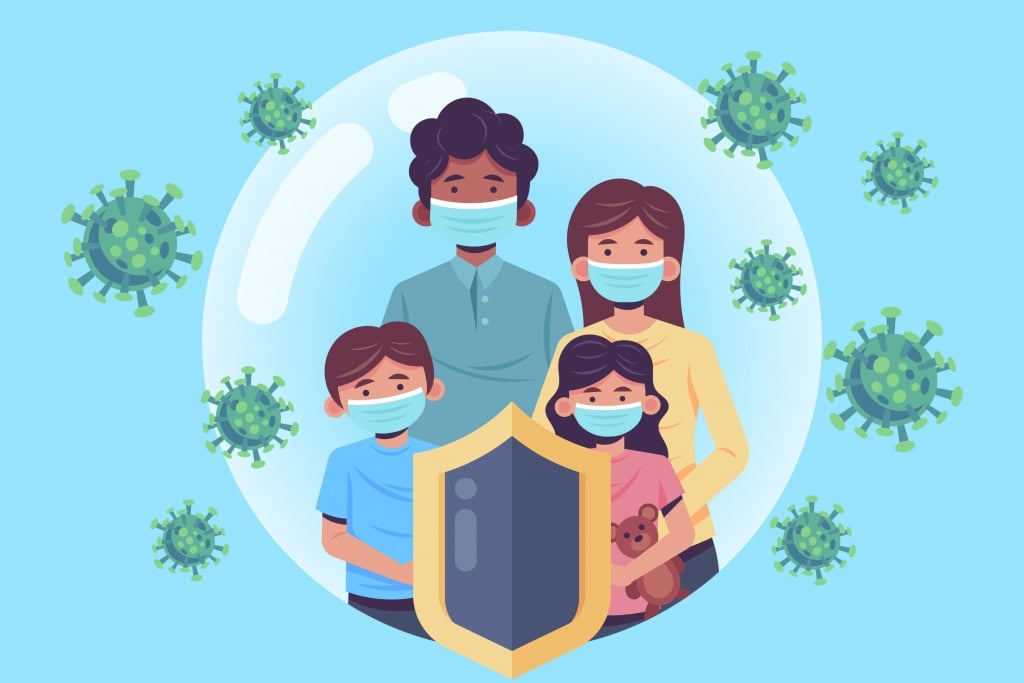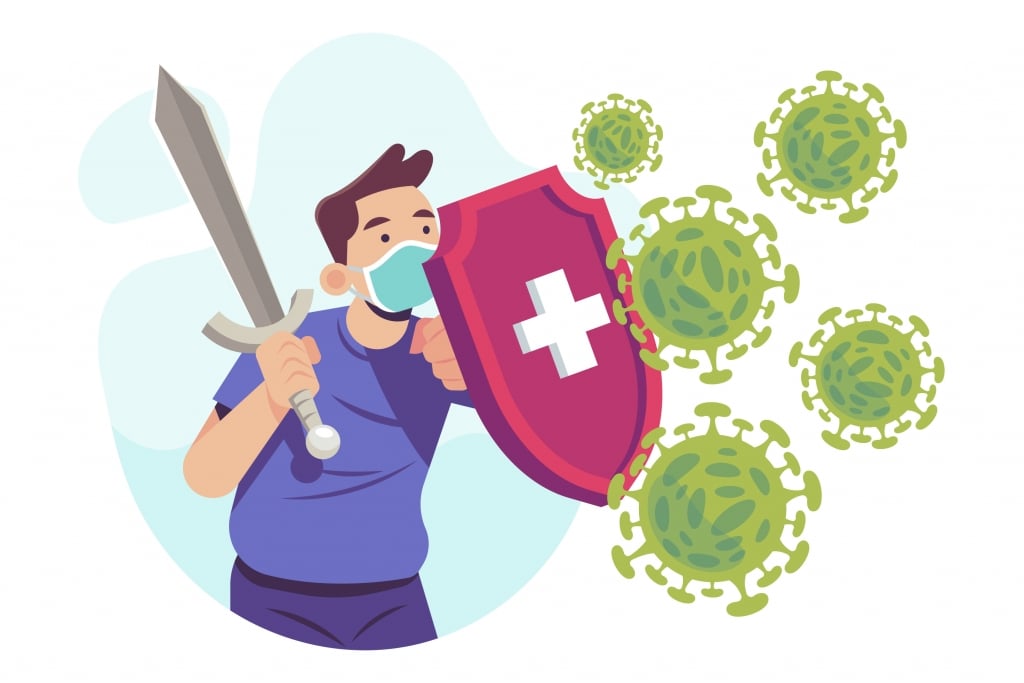With the recent breakthroughs in medicine and vaccinology, for the first time since the onset of the COVID-19 pandemic in late 2019, societies eye for hope. A glimpse of the ‘old’ normal peaked, and for a moment, the world celebrated this triumph. However, one cannot simply be too complacent as a new Covid-19 Delta variant has been making headlines.
Within the span of the coronavirus outbreak, several mutations and variants around the globe remain to be closely monitored by the authorities. For instance, there’s the Alpha variant, also known as B.1.1.7, first reported in Kent, England, that is 50% more contagious than the original strain from Wuhan; the Beta variant or B.1. 351 from South Africa; and the Gamma variant, the official tag of lineage P.1, which was associated with the highest COVID-related hospitalizations and deaths in May of 2021.
Today, most countries fear the Delta variant.

What is the Covid-19 Delta variant?
The COVID-19 Delta Variant, also referred to as B.1.617.2, is a mutation closely monitored due to its high transmutability. It was primarily identified in India in December 2020 and has rapidly spread across 99 countries worldwide as of July 2021; in fact, it is the dominant strain in three significant countries, namely India, U.K., and the U.S. today.
According to recent findings, this new variant contains a mutation on the spike protein that makes human cells more vulnerable to the virus; hence, compared to the Alpha variant, the Delta variant can spread and affect twice or thrice as many people in each household.
“The fastest and the fittest” variant, termed by the World Health Organization (WHO), does not only transmit the virus faster than the original strain of the novel corona-virus but has a higher viral load, as well. This entails that the Delta variant can cause more severe symptoms and may, in some cases, instigate more complications within the human body.
What are the symptoms of the Delta variant?
The symptoms of the variant slightly differ from the original strain. While some patients reported the usual COVID-19 symptoms such as dry cough, headache, fever, loss of the senses of smell and taste, and sore throat, recent data from the U.K. indicated that most patients infected by this new strain experience headache, sore throat, runny nose, and fever as the more common symptoms.
In a study conducted in Southeast China, it was concluded that patients encounter more difficulty recovering from the virus in contrast to those treated at the start of the pandemic. Illnesses and complications, thus, affect the body more rapidly.
What is the Delta PLUS variant?
In mid-March of 2021, India’s Ministry of Health reported another profound mutation closely associated with the B.1.617.2 variant called Delta PLUS or the B.1.617.2.1. According to research, like the Delta variant, this may be classified as a ‘vaccine of concern’ as it appears to be more transmittable or infectious than the rest of the mutations. Further, it carries a stronger binding to receptors on the lung cells and therefore can sooner enter the human body. It can potentially evade the immune systems’ response to the virus, as well.

Do vaccines work against the new variant?
Covid-19 vaccines are undeniably the best protection against the Delta Variant. In a preliminary analysis determined by U.K.’s Public Health England, Pfizer-BioNTech’s vaccine offers up to 88% against COVID-related hospitalizations due to the Delta Variant. In comparison, Oxford-AstraZeneca’s vaccine is about 66% effective. On the other hand, Moderna’s jab is less productive against symptomatic illnesses caused by the variant, and Johnson & Johnson is 60% effective.
However, it is essential to note that these vaccines DO NOT produce COVID-19 immunity and only take effect after two complete doses.

What happens to an un-vaccinated individual once infected by the Covid-19 Delta variant?
Unvaccinated individuals are at the center of the Delta variant target hole. This simply means that those who are yet to be vaccinated are more at risk and vulnerable to the virus. A Scottish study published in The Lancet suggests that unvaccinated people are more susceptible to severe hospitalizations and more COVID-19 severe complications than vaccinated individuals. Ideally, vaccines are protection against illnesses – therefore, unvaccinated individuals tend to be the foci of the infection.
There are not enough studies surrounding this new variant, but we know this for sure: the Delta variant is more contagious, more fatal. It can cause aggravated hospitalizations against unvaccinated or immuno compromised individuals. As the rest of the world buckles up for yet another surge in COVID-19 cases due to this mutation, one can only truly protect themselves by getting vaccinated and practicing healthy preventive measures like wearing face masks and avoiding social and physical gatherings. After all, there’s nothing wrong with being too safe.
BRIA Homes is a subsidiary of GOLDEN MV Holdings, Inc., one of the largest real estate companies in the country. BRIA Homes is primed to bring quality and affordable house and lot packages and condominium units closer to ordinary Filipino families. This is the goal that drives every single employee in the company, for which the ultimate fulfillment is seeing a client happily moving into BRIA’s homes.
To know more, visit their website at www.bria.com.ph, like and follow “Bria Homes, Inc.” on Facebook, Twitter, Instagram, YouTube, Pinterest, Spotify, Viber Community, Telegram Channel, Kakao Talk, LINE and WhatsApp, or call 0939-887-9637.
Written by Ivanna Espenida





